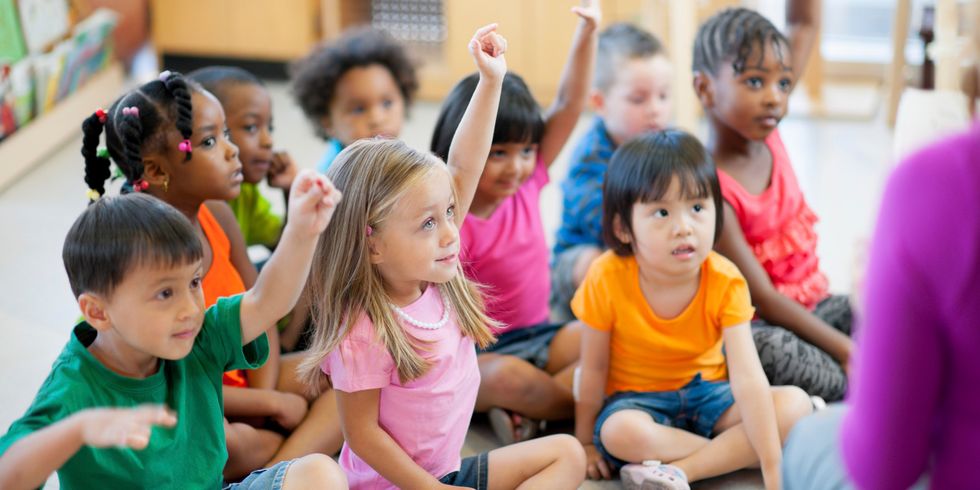Education is the passport to the future, for tomorrow belongs to those who prepare for it today. -- Malcolm X
With nearly 6.5% of students failing to graduate high school and the United States lagging behind many other first-world countries in terms of academic achievement , It's no secret that education has been on the minds of most Americans as of late. Concerns over funding for higher education are extremely prevalent as tuition rates continue to skyrocket, leaving potential students wondering if the benefits of college could possibly outweigh the financial drawbacks.
However, there's another component of education that we persistently fail to take into consideration, despite it having a profound effect on a child's development: preschool.
Though it is commonly viewed as glorified daycare, preschool undoubtedly promotes cognitive and social development , which will become essential later on in a child's life; this is especially true of children whose parents are unable to take full charge of their child's early education due to work or other barriers. Along with teaching children fundamental skills such as cooperation and commitment to a daily schedule, the building blocks of grade school education are taught, such as basic counting and arithmetic, as well as the foundations of language and grammar. While these skills will be taught in a formal Kindergarten environment, teaching them at an earlier point allows them to be expanded upon in a quicker, more thorough fashion. Learning issues may be assessed earlier in the child's life, allowing for a more personalized education later on.
Children who attend preschool are statistically more successful educationally
The benefits of preschool are undeniable, but still many parents are made uneasy by the idea of sending their young children to school so soon. Some studies have shown that, while preschoolers have a significant advantage in Kindergarten, test scores and attitudes about school tend to drop soon after. This, however, may not be a fault of preschool necessarily, but rather, is likely a fault of the public school system as a whole, which puts unmanageable levels of stress on children. Also possible is the fact that there are multiple approaches to preschool, all with varying effects on children.
So, what approach is best? In reality, there is no one right answer. Rather, one should carefully choose a preschool that will most benefit their child. For example, a play-only preschool may be beneficial for a child who struggles with social and motor development, while an educational preschool may benefit a child who is mentally ready for kindergarten, but too young age-wise.
In the end, preschool is likely a good option for most children, and a more specialized alternative to babysitting and daycare. Though many of the skills taught in preschool can be replicated at home, some of the greatest benefits come from the need to adapt to new environments and to socialize with new individuals.




















